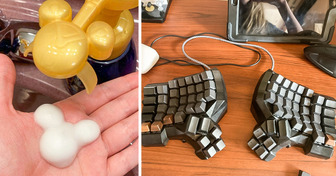15+ Men Who Have Pretty Good Reasons to Be Proud of Their Partners

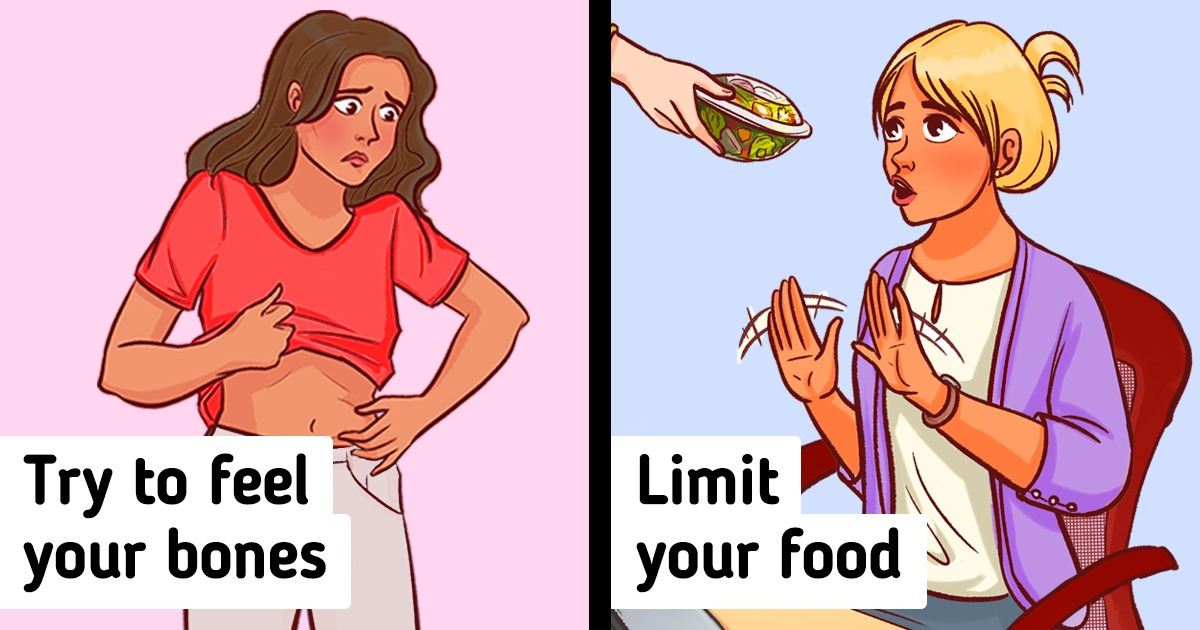
Body checking is something most people do, since we care about how we look. However, it becomes a problem when a person needs to be aware of how they look at every moment of their lives. They feel the need to check themselves during all times of the day, and it becomes a compulsive action for them. If it reaches that state, it means that it’s officially a deeper issue that needs to be addressed.
Bright Side is aware that many people have body image struggles, and maybe this article will offer them some insight into their own issues.
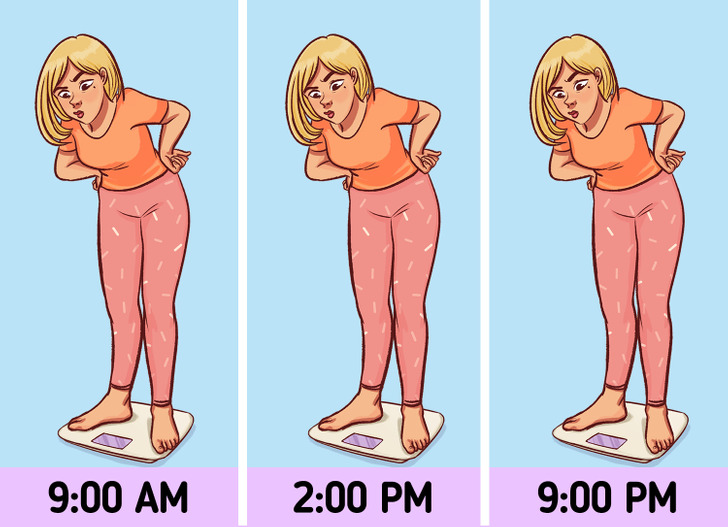
Many people will weigh themselves often to make sure they are staying on track and not gaining weight. However, when someone suffers from body checking, they will weigh themselves multiple times a day and even measure their body parts. They need to make sure at all times that their body’s proportions have not changed the least bit.
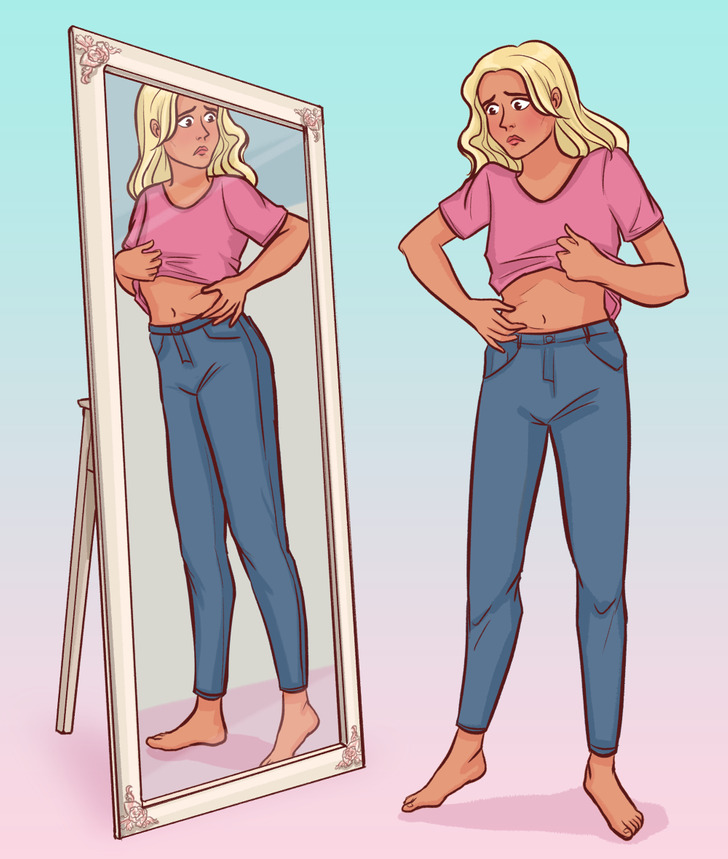
2 other signs that body checking is an issue are when you fixate on certain body parts. For example, someone can be obsessed with their abdomen and keep pinching it to make sure their fat hasn’t increased. They will also try to feel their bones on their body in another effort to measure their fat or muscles.
Social media might be a good reason why you always feel the need to compare your body to other people’s bodies. You tend to find imperfections on your body, and you seek validation from your loved ones. You ask them if they see anything wrong with your body or if anything has changed with your weight and shape lately.
When the signs mentioned above appear way too often during the day, then body checking has become compulsive. And you will know this because it’s taking up too much of your time and interfering with your ability to think clearly. You might also limit what you eat, stop being as outgoing as you used to be, and have problems in your personal and professional life. In the end, this behavior makes you even more unhappy with your body and worsens your overall mood.
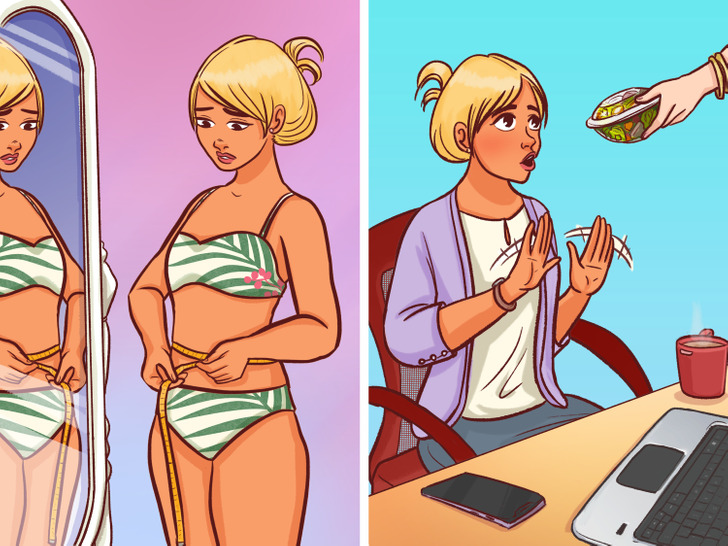
In a study, it was found that body checking often leads the affected person to put restrictions on their food consumption. The person feels like they are losing control of their body and that their body is far from perfect. So, their response is to limit their food intake in an effort to minimize the possibility of gaining weight. That’s how many people end up suffering from multiple eating disorders that create negative effects of their own.
In a 2019 study, it was found that people who suffered from obsessive-compulsive disorder, anxiety, and body dysmorphic disorder were more likely to body check themselves. The participants of the study said that they had highly negative feelings about their bodies before they started body checking. However, their mood got better after they checked themselves to make sure that everything was alright. Other studies have shown, though, that instead of minimizing these negative feelings, body checking actually increases them.
Have you noticed this checking behavior in yourself, and if so, is it becoming harmful to you?




